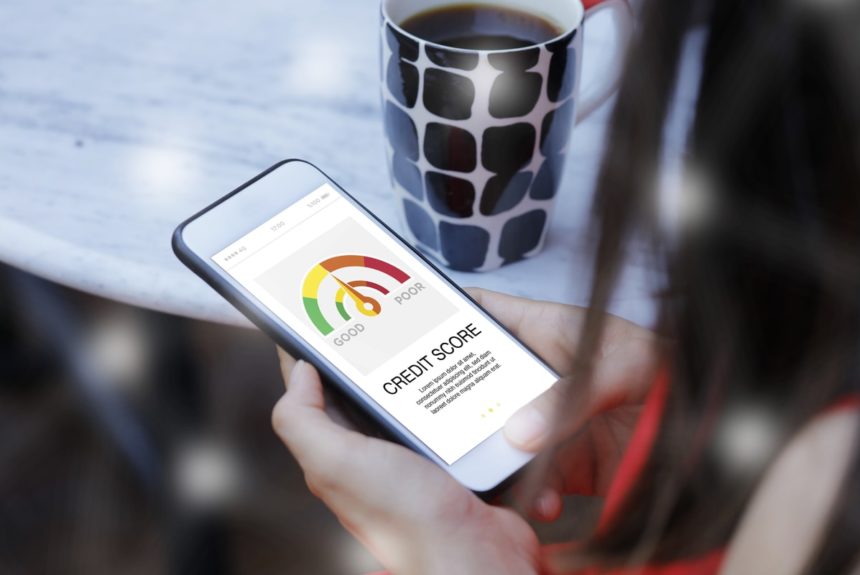Coronavirus and Credit
The coronavirus pandemic is wreaking havoc across all aspects of the financial system. From Wall Street to Main Street, people are anxious. However, you should be proactive regarding your credit score with lenders and creditors.
After Congress and President Trump OK’d the $2 trillion stimulus bill, the Consumer Financial Protection Bureau said it would be flexible with banks as they work with their customers during the coronavirus crisis. [1]
The CFPB is allowing banks to put on hold some required reporting, including information related to credit card accounts.
There are several things you can do to minimize how the coronavirus fallout may impact your credit:
- Actively track your score on each of the credit bureaus – Equifax, Experian, and TransUnion.
- If you need assistance, call your lenders and creditors, which are receiving guidance from the Consumer Data Industry Association on how to work with people affected by the coronavirus.
- Try to make at least the minimum payment or an amount you and the lender agree. Do your best to avoid non-payment or even late payment.
A free copy of your credit report is available at www.annualcreditreport.com. Also, there are several free services to track your credit, i.e., Credit Karma.
Separately, a Senate bill was introduced to provide a four-month moratorium on all adverse credit reporting.
Ohio Sen. Sherrod Brown, the top Democrat on the Senate Banking Committee, said, “During these uncertain economic times, Americans shouldn’t have to worry about their credit scores as they work to make ends meet.”
In addition to free unlimited credit reports for a year after the end of the COVID-19 pandemics, the Disaster Protection for All Workers’ Credit Act also would extend protections to consumers’ credit to future crises.
Co-sponsor Brian Schatz of Hawaii added, “Our bill will make sure people who fall behind on their bills won’t take a hit to their credit scores.”
If you are going to have difficulty making a payment, add a consumer statement to your credit report. Within the statement, note that the negative accounts are related to the coronavirus. Then, make up the payments as soon as possible.
Communication with lenders and creditors is vital during this time. Keeping everyone in the loop and documenting needs and asks goes a long way toward protecting your hard-earned, well-deserved credit score.
References
[1] Credit card issuers offer cardholders relief amid coronavirus fears. https://www.creditcards.com/credit-card-news/credit-card-issuers-relief-coronavirus/
[2] S.3508 – A bill to amend the Fair Credit Reporting Act to provide for disaster protection for workers’ credit. https://www.congress.gov/bill/116th-congress/senate-bill/3508
